The liver is important because it performs many vital functions that are essential for your health and well-being. This vital organ of the human body is responsible for the different functions of the human body. Let’s get to know the human body better and find out key signs your liver is healing!
The Liver and its functions
The liver is a real MVP in the human body, it helps regulate essential bodily functions, including blood sugar levels and detoxifying harmful substances. Additionally, its integral role in the human body underscores the importance of maintaining liver health to promote overall wellness and longevity.
The liver is the powerhouse of our organs! Before we look for signs your liver is healing, let us see how it supports them all:
Processing nutrients from food
Your liver is a hardworking organ that helps you get the most out of your food. It takes what you eat and breaks it down into tiny pieces your body can use, like building blocks for your cells. The liver also helps turn some of these nutrients into things your body needs, like energy, cholesterol, and vitamins.
Making bile
The liver is also responsible for producing bile. This remarkable substance plays a crucial role in facilitating the digestion and absorption of dietary fats and essential vitamins necessary for optimal health. Bile also serves as a potent waste management tool, efficiently eliminating harmful waste products from the liver and intestines, promoting overall well-being and vitality.
Removing toxins from the body
The liver acts like a filter for your blood and gets rid of bad stuff like drugs, alcohol, pesticides, and bacteria. It’s like a superhero that keeps your body safe from harmful toxins. Plus, the liver is so amazing that it can even change some toxins into less harmful forms that can be removed from your body through urine or poop.
Building proteins
Your liver makes many things that help your body in different ways. Its ability to aid in a variety of bodily functions such as coagulating blood to prevent excessive bleeding, supporting the immune system to fight off infections, assisting in hormone regulation, and facilitating the healing process after an injury is exceptional.
Regulating glucose levels
Your liver helps you get energy from the food you eat. It saves some of the sugar from your food for later or gives it to your cells when they need it. It also helps keep your blood sugar steady by working with two hormones that tell your body how much sugar to use or store.
Storing nutrients
The liver acts as a storage site for essential nutrients such as iron, copper, and various vitamins. When the body requires these nutrients, the liver distributes them accordingly to maintain optimal health and function.
Inside your liver, there are special proteins called enzymes that help your liver do its job. When your liver is damaged or inflamed (for example, because of alcohol or certain medicines), these enzymes can “leak” out of your liver and into your bloodstream.
Doctors can check for the levels of these enzymes in your blood to see if there’s something wrong with your liver. They use different tests to check for different enzymes. For example, a high level of ALT (alanine aminotransferase) can mean that your liver is damaged or inflamed, while high levels of AST (aspartate aminotransferase) might mean that your liver is sick, or that other organs like your heart or muscles might be affected.
However, the results of these tests are not always clear-cut. Sometimes individuals may have high levels of these enzymes for reasons other than liver disease. So, doctors might need to use other tests, like an ultrasound or a liver biopsy (where they take a small piece of your liver to examine it closely) to make a more accurate diagnosis.
Common liver diseases and conditions
When the liver is damaged or diseased, it can impact many aspects of your health, from digestion to immune function to blood clotting. This can happen slowly over a long period of time and can severely damage your liver.
Some of the things that can damage your liver are:
- Germs that infect your liver (like hepatitis B or C)
- Drinking too much alcohol
- Having too much fat in your liver
- Autoimmune diseases that attack your liver
- Gene issues that cause you to have too much iron or copper in your liver
- Being very overweight or having diabetes
- Taking certain medicines or drugs
- Being exposed to certain poisons
- Genetically predisposed to have liver issues.
Alcohol on liver health
Drinking too much alcohol for a long time can damage your liver. There are different types of liver diseases that can happen because of drinking too much alcohol. One type is when your liver has too much fat in it, which can make it swollen and scarred. Another type is when your liver cells are injured and inflamed. The last type is when your liver tissue turns into scar tissue, which makes it hard for your liver to work well.
Alcohol poisoning is a very dangerous situation that can happen when someone drinks too much alcohol too fast. It can make them feel very sick and confused, throw up, have seizures, and have trouble breathing. It can also make them pass out or die. It is not something you would want to happen to you.
Your liver is an important organ that helps your body get rid of alcohol but if you drink too much alcohol for a long time, your liver can get hurt and scarred. This can make your liver very sick and stop working well. This is called alcoholic cirrhosis.
Alcoholic cirrhosis can make you feel very tired, have yellow skin and eyes, have pain and swelling in your belly, and have trouble thinking or remembering things.
Some people are more likely to get alcoholic cirrhosis than others. People who drink a lot of alcohol every day are more likely to get it. But some people can get it even if they drink less alcohol, especially if they are very overweight or have another liver problem.
The good news is that you can prevent alcoholic cirrhosis and alcohol poisoning by drinking less alcohol or not drinking at all. If you have a problem with drinking too much alcohol, you should get help from a doctor or a counselor. They can help you stop drinking and take care of your liver and you may see some signs your liver is healing.
Blood sugar and liver health
Your liver is an important organ that helps you control your blood sugar levels. It does this by taking in glucose from your food and storing it as glycogen. It also makes glucose from other sources when you need it.
This way, your liver keeps your blood sugar levels stable and balanced. Your liver does this with the help of hormones such as insulin and glucagon, which tell your liver when to store or release glucose.
Your blood sugar level is how much sugar you have in your blood. Your body needs sugar for energy, but too much or too little can be bad for you. Your liver helps you keep your blood sugar level steady by storing extra sugar when you eat and releasing it when you need it.
Sometimes, your blood sugar level can get too low. This is called hypoglycemia or a “hypo”. This can happen if you have diabetes and take medicine to lower your blood sugar. It can also happen if you have liver problems that make it hard for your liver to store or release sugar.
If your blood sugar level gets too low, you may feel shaky, sweaty, hungry, dizzy, confused, or tired. You may also have trouble speaking or seeing clearly. If you don’t treat it quickly, it can get worse and cause seizures or unconsciousness.
A study looked at how hypoglycemia affects people with type 2 diabetes and liver problems. The study found that people with liver problems had more hypos than people without liver problems. The study also found that having more hypos made people sicker and cost them more money for health care. The study showed that people with diabetes and liver problems need to check their blood sugar levels often and follow a treatment plan that suits their needs.
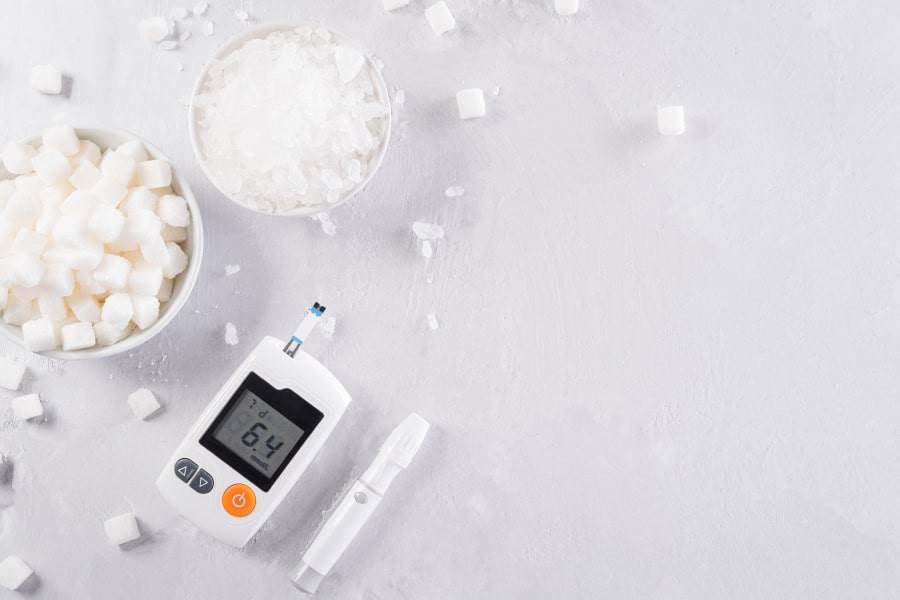
Over the counter prescriptions that affect liver health
NSAIDs ( nonsteroidal anti-inflammatory drugs) relieve pain and swelling, but overuse can harm your liver. NSAIDs are often used to reduce inflammation, and lower fever.
Some common examples of NSAIDs include aspirin, ibuprofen, and naproxen. They work by blocking the production of prostaglandins, which are chemicals that contribute to pain, inflammation, and fever.
NSAIDs are available over-the-counter or by prescription, depending on the strength and formulation. Only take NSAIDs as directed by your doctor or the label and consult your doctor beforehand if you have liver problems or consume alcohol heavily, be mindful of your liver health and see signs your liver is healing.
Impact of chemicals and pollution on liver health
Chemicals found in cleaning products, pesticides, and pollution can harm your liver in several ways. These toxic substances can enter your body through inhalation, ingestion, or skin contact and then make their way to your liver, where they are processed and metabolized. Some chemicals can directly damage liver cells, while others can cause inflammation, oxidative stress, or cellular damage, leading to liver injury or disease over time.
For example, some cleaning products contain solvents, chlorine, or ammonia, which can irritate the liver, cause chemical burns, or trigger an allergic reaction. Pesticides may contain heavy metals, such as lead or cadmium, or organophosphates, which can disrupt liver enzymes, damage DNA, or impair liver function.
Similarly, air pollution can contain particulate matter, volatile organic compounds, or nitrogen oxides, which can penetrate the lungs and liver and cause oxidative stress, inflammation, or fibrosis.
The effects of exposure to these chemicals on the liver can vary depending on the dose, duration, and frequency of exposure, as well as individual factors such as age, genetics, and lifestyle. In some cases, liver damage may be reversible if the exposure is stopped or minimized, and the liver is allowed to regenerate.
However, in other cases, chronic exposure to these chemicals may lead to liver diseases, such as fatty liver disease, cirrhosis, or liver cancer. Therefore, it is important to avoid unnecessary exposure to these chemicals, uses protective measures when handling them, and seek medical attention if you experience any symptoms of liver damage.
In the event that your liver is no longer functioning properly, it may be necessary to take medication or make lifestyle changes to support its recovery and keep a close eye out for signs that your liver is healing. However, if your liver is too damaged to heal on its own, a liver transplant may be necessary.
This life-saving procedure involves receiving a new liver from a deceased or living donor. While a liver transplant can be a highly effective treatment, it is a major surgery that carries certain risks, and not everyone is a candidate for the procedure.
How to prevent liver damage
To keep your liver healthy, you need to take care of your overall health. This means staying at a healthy weight because being overweight can make your liver store too much fat and get sick.
It also means avoiding things that can harm your liver, such as drinking a lot of alcohol or using drugs. Alcohol and drugs can cause infections and scarring in your liver, which can lead to serious problems.
The best way to protect your liver is to live a healthy lifestyle that includes eating well, exercising regularly, and doing things that guarantee you signs your liver is healing. You should also see your doctor regularly to check how your liver is doing and catch any problems early.
To take care of your liver, it is essential to take care of your overall health. One way to do this is by adding supplements to your lifestyle, like detoxing. You can also incorporate drinking lemon water into your daily routine as a simple and inexpensive way to support your body’s natural detoxification processes. Lemon water is thought to help digestion, keep you hydrated, give you vitamin C, and make you pee naturally.
The use of Castor oil packs can also help move waste out of the body and improve digestion, which can be beneficial for the liver and gallbladder. They can also improve lymphatic drainage, detoxification, and immunity by helping the body get rid of toxins and making the cells that fight disease stronger.

Signs your liver is healing
Your liver has an incredible capacity to heal itself with the right care and attention. When you take steps to support your liver’s natural healing processes, you may experience some amazing changes in your body and mind that indicate your liver is healing.
Here are some signs your liver is healing and getting better:
- You feel more energetic and alert. Your liver helps clean your blood from bad stuff that can make you feel sluggish and foggy. It’s a sign your liver is healing when it can do its job better and give you more energy and focus.
- Your digestion improves. Your liver makes a liquid called bile that helps break down fats and digest food. A sign your liver is healing is that it can make more bile and help you digest food better. This means less bloating, constipation, or diarrhea for you.
- Your mood gets better. Another sign your liver is healing is through improved mood, your liver helps break down and remove chemicals that can affect your mood and mental health. It can get rid of these chemicals faster and help you feel happier and more positive.
- Your pain goes away. Liver damage can cause inflammation in your body, which can cause pain in your joints, muscles, or organs. This is an additional sign your liver is healing, inflammation goes down and the pain goes away.
- You lose weight in a healthy way. Your liver helps break down and use fats and carbs for energy. A sign your liver is healing is when it can do this better and help you burn calories more efficiently. This means you can healthily lose weight without starving yourself or feeling hungry all the time.
- Your skin looks smoother and brighter. Your skin is one of the organs that shows how healthy you are inside. The final sign your liver is healing is when it helps remove toxins from your body that can make your skin look dull or blemished. This means your skin looks clearer and more radiant.
Supporting Your Liver’s Natural Healing Processes
Your liver is a vital organ that plays a crucial role in keeping your body healthy. Among its many essential functions, your liver helps to:
- Regulate your metabolism by producing bile, which helps to digest fats and absorb vitamins
- Filter toxins and harmful substances from your blood
- Store and release glucose to keep your blood sugar levels stable
- Produce proteins that are vital for blood clotting and immune function
- Metabolize drugs and alcohol, helping to detoxify your body
It works tirelessly to eliminate toxins and produce essential proteins. However, certain factors like alcohol consumption, drug use, and infections can damage your liver, leading to serious health problems. Fortunately, there are steps you can take to support your liver’s natural healing processes and prevent liver damage from occurring in the first place.
By maintaining a healthy lifestyle, avoiding excessive alcohol consumption and risky behaviors, and seeking prompt medical attention if you experience any symptoms of liver damage, you can ensure that your liver stays healthy and strong. So show your liver some love and take care of it, and you’ll enjoy better health and well-being for years to come.


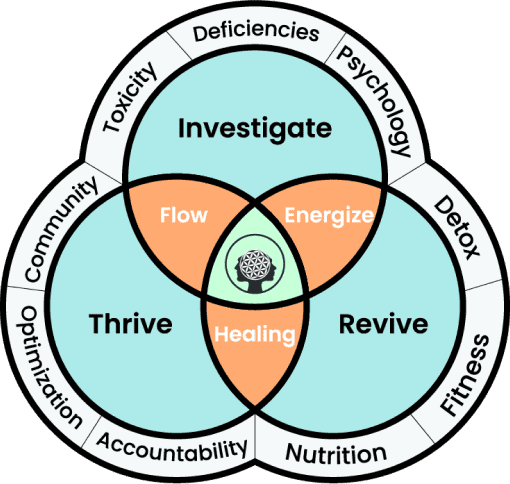
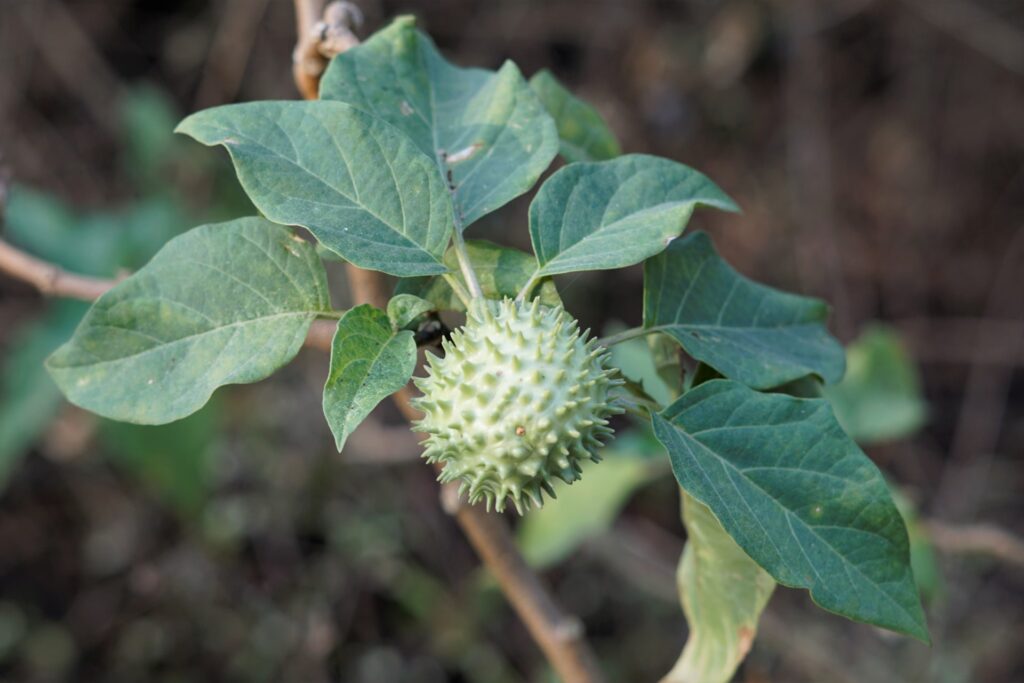
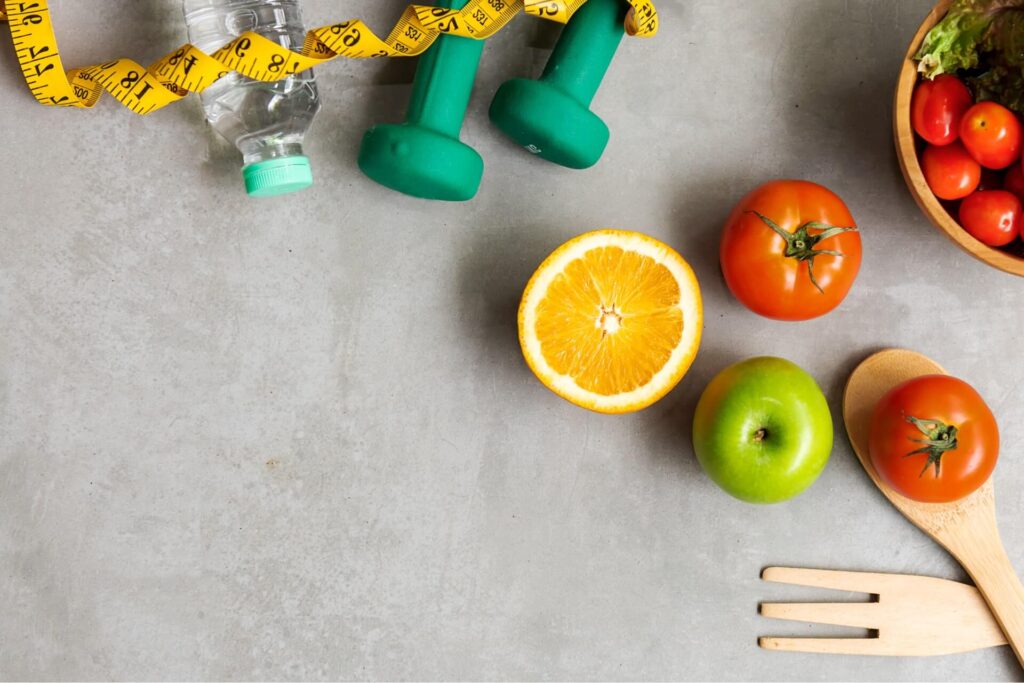
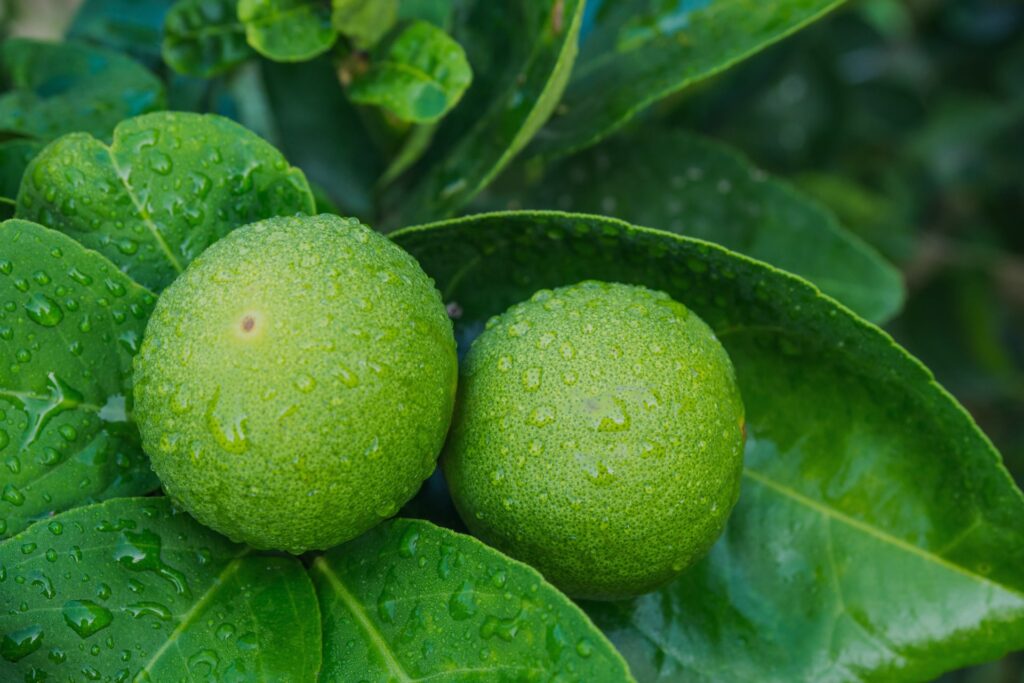





Leave a Reply
You must be logged in to post a comment.